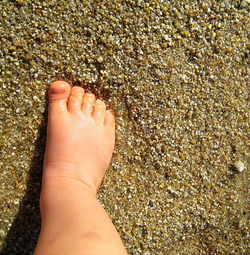 |
| Make it true; make it interesting. |
a) make it true;*
b) make it interesting.
Useful approaches:
1) tell a story to make a point;
2) hook your readers' interest with a well-crafted title ("On the Pleasure of Hating") and a well-crafted first sentence: ("Soon after I arrived at Crossgates [not immediately, but after a week or two, just when I seemed to be settling into the routine of school life] I began wetting my bed.");
3) juxtapose unlike things (such as "courage" and "turtles");
4) put a "money word" (examples: "torture," or "bed wetting") in a dramatic position in your first sentence;
5) use short sentences to draw attention to a particular idea (example: "My father drank" as an essay starter);
6) position powerful ideas or arresting images at the end or at the beginning of a paragraph;
7) don't use more words than you need;
8) avoid self-righteousness, piety, platitudes and cliches;
9) question your conclusions; think "against" yourself;
10) include specific details to make your images vivid (" . . . at almost every point some filthy detail obtrudes itself. For example, there were the pewter bowls out of which we had our porridge. They had overhanging rims, and under the rims there were accumulations of sour porridge, which could be flaked off in long strips.";
*11) don't settle for easy truths.
















